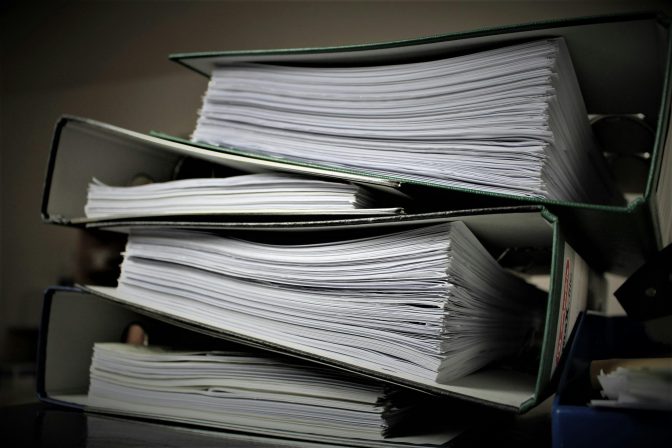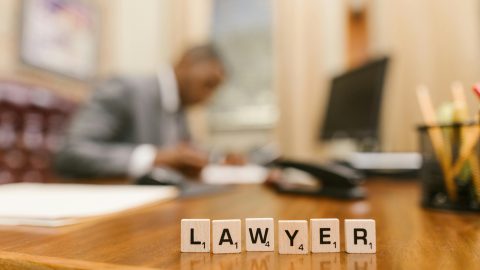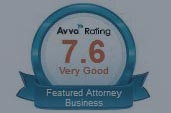After years (perhaps decades) of federal courts curtailing the scope of civil RICO damages, the U.S. Supreme Court recently surprised many by expanding the definition of RICO damages. It now includes some types of damages flowing from personal injury actions.
On April 2, 2025, the U.S. Supreme Court issued a 5–4 decision in Medical Marijuana, Inc. v. Horn that will reshape damages under the RICO Act. Since the RICO Act was passed in 1970, it has always included the limitation that civil damages must result from harms to “business or property.” See, 18 U.S.C. 1964(c). Over the past 5+ decades, federal courts have attempted to parse what exactly “injury in…business or property” means when applied to various real-world fact patterns.
Lower courts had split over whether injury to “business or property” excluded harms that were derivative of a personal injury (the so-called “antecedent personal-injury bar”). It was always clear that if a plaintiff suffered a personal injury due to a RICO predicate act, the person could not sue for traditional personal injury damages, e.g., medical expenses, pain & suffering, etc. But less clear was if the person suffered other injuries to their business or property resulting from the personal injury. For example, what if a plaintiff were injured and, as a result, could no longer operate their business? Would the business losses count as an injury to “business or property” under RICO. There was previously a circuit split on this issue.
As Medical Marijuana, Inc. v. Horn made its way through the lower courts, the Second Circuit allowed the plaintiff’s claim to proceed. The Circuit Court did not recognize the antecedent personal-injury bar. (The Ninth Circuit was aligned with the Second Circuit and also didn’t recognize the antecedent personal-injury bar.) The Defendants applied for a writ of certiorari, which was granted. The Supreme Court, surprisingly to some, affirmed the Second Circuit’s approach, rejecting a bright-line rule that would have closed RICO to many economic harms that trace back to personal physical injury.
The Court held that economic harms to “business or property” may be recovered under § 1964(c) even when those harms flow from a personal injury — in this case, a truck driver’s lost wages and employment after ingesting THC in a product he had purchased as CBD-only. The ruling resolves a circuit split and opens the door to RICO claims that previously would have been dismissed as mere personal-injury derivatives.
Practical consequences for RICO defendants and plaintiffs
This ruling removes one of the tools from the repertoire of RICO defense attorneys. Previously, in some circuits, it was possible to obtain dismissal of RICO claims if the damages could be framed as relating back to a personal injury. This ruling will reduce the options of RICO defense attorney, for example, in industries where product labeling or safety failures can generate both physical and economic harms — like cannabis/CBD companies, pharmaceuticals, or consumer-product makers.
From a practical standpoint, this ruling will also complicate damages proof and calculations at trial of civil RICO cases. Damages expert witnesses will be asked to segregate losses attributable to the RICO scheme from other still disallowed damages—i.e. personal injury damages. Defendants will likely press for apportionment while plaintiffs will rely on expert witness testimony to establish a large portion of the alleged loss was “by reason of” racketeering.
Horn changes the RICO damages landscape, but it is not carte blanche for RICO claims stemming from any personal injury. The majority of the Supreme Court left intact other important limits: proximate cause, and the requirement that the injury be “by reason of” racketeering. However, Medical Marijuana, Inc. v. Horn marks perhaps one of the most significant changes to RICO in years: courts in some federal Circuits will no longer treat economic harms that flow from personal injuries as categorically off-limits under civil RICO.
Brodie Smith and Anthony Lanza, litigation and trial attorneys licensed in California, have developed a focused practice area in federal business litigation and civil RICO. They can be contacted at (949) 221-0490.
The information in this blog post does not constitute legal advice, nor create and attorney-client relationship. Laws constantly change, and this information may become outdated; moreover, the information here is only a general overview and may omit some aspects of the law. It is provided for discussion purposes only; not to be relied upon by the reader in making any real-world decisions.













